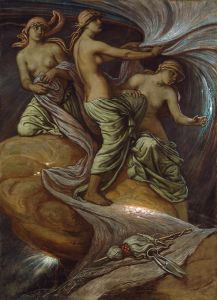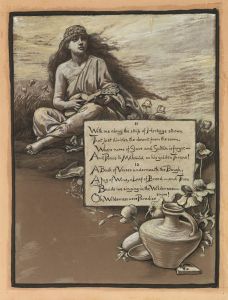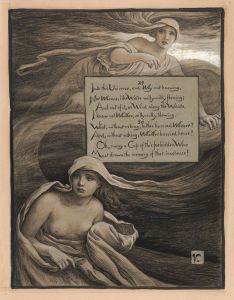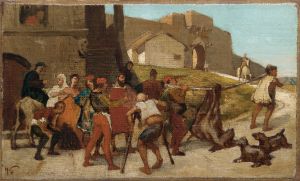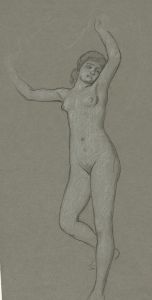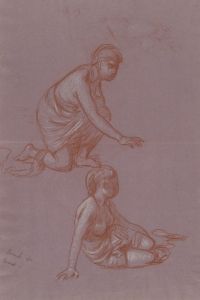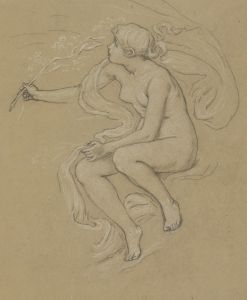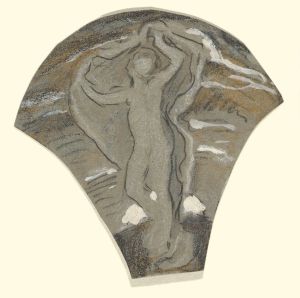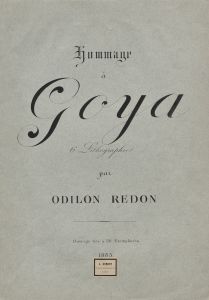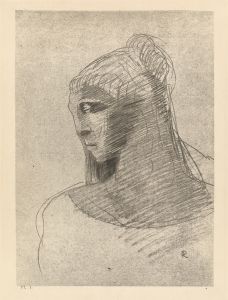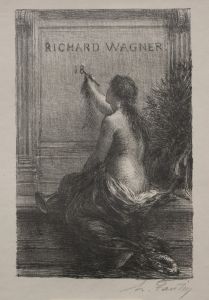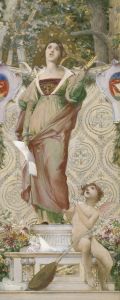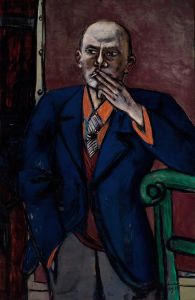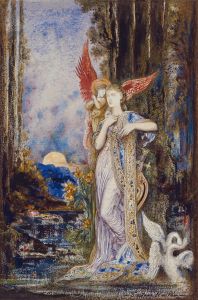
The Bitter Cup
A hand-painted replica of Elihu Vedder’s masterpiece The Bitter Cup, meticulously crafted by professional artists to capture the true essence of the original. Each piece is created with museum-quality canvas and rare mineral pigments, carefully painted by experienced artists with delicate brushstrokes and rich, layered colors to perfectly recreate the texture of the original artwork. Unlike machine-printed reproductions, this hand-painted version brings the painting to life, infused with the artist’s emotions and skill in every stroke. Whether for personal collection or home decoration, it instantly elevates the artistic atmosphere of any space.
"The Bitter Cup" is a painting by the American artist Elihu Vedder, created in 1895. Vedder, born in 1836, was a prominent figure in the American Symbolist movement and is best known for his mystical and allegorical works. He spent a significant portion of his career in Italy, where he was influenced by the classical art and the Symbolist movement that was gaining momentum in Europe during the late 19th century.
"The Bitter Cup" is an oil on canvas painting that exemplifies Vedder's fascination with themes of fate, destiny, and the human condition. The painting depicts a somber scene centered around a female figure who holds a cup, presumably filled with a bitter substance, symbolizing the trials and tribulations of life. The figure's expression and posture convey a sense of resignation and contemplation, inviting viewers to reflect on the inevitability of suffering and the acceptance of one's fate.
Vedder's use of muted colors and dramatic lighting enhances the melancholic atmosphere of the painting. The background is dark and indistinct, focusing the viewer's attention on the central figure and the symbolic cup she holds. The composition is carefully balanced, with the figure's gaze directed downward, adding to the introspective mood of the piece.
Elihu Vedder's work, including "The Bitter Cup," often incorporates elements of mythology, literature, and philosophy. His paintings are known for their intricate details and layered meanings, encouraging viewers to delve deeper into the symbolic content. Vedder's style is characterized by a blend of realism and fantasy, creating a dreamlike quality that is both captivating and thought-provoking.
"The Bitter Cup" reflects Vedder's interest in exploring the darker aspects of human experience. The painting can be seen as a meditation on the inevitability of suffering and the human capacity for endurance. It resonates with the Symbolist movement's emphasis on expressing the emotional and spiritual dimensions of life through symbolic imagery.
Elihu Vedder's contributions to art extend beyond his paintings. He was also an accomplished illustrator, best known for his illustrations of Edward FitzGerald's translation of "The Rubaiyat of Omar Khayyam," which further cemented his reputation as a master of symbolic and allegorical art. Vedder's work has been exhibited in numerous galleries and museums, and he remains an influential figure in the history of American art.
In summary, "The Bitter Cup" by Elihu Vedder is a poignant example of Symbolist art, capturing the artist's deep engagement with themes of fate and human suffering. Through its evocative imagery and masterful execution, the painting continues to invite contemplation and introspection, reflecting Vedder's enduring legacy in the world of art.





